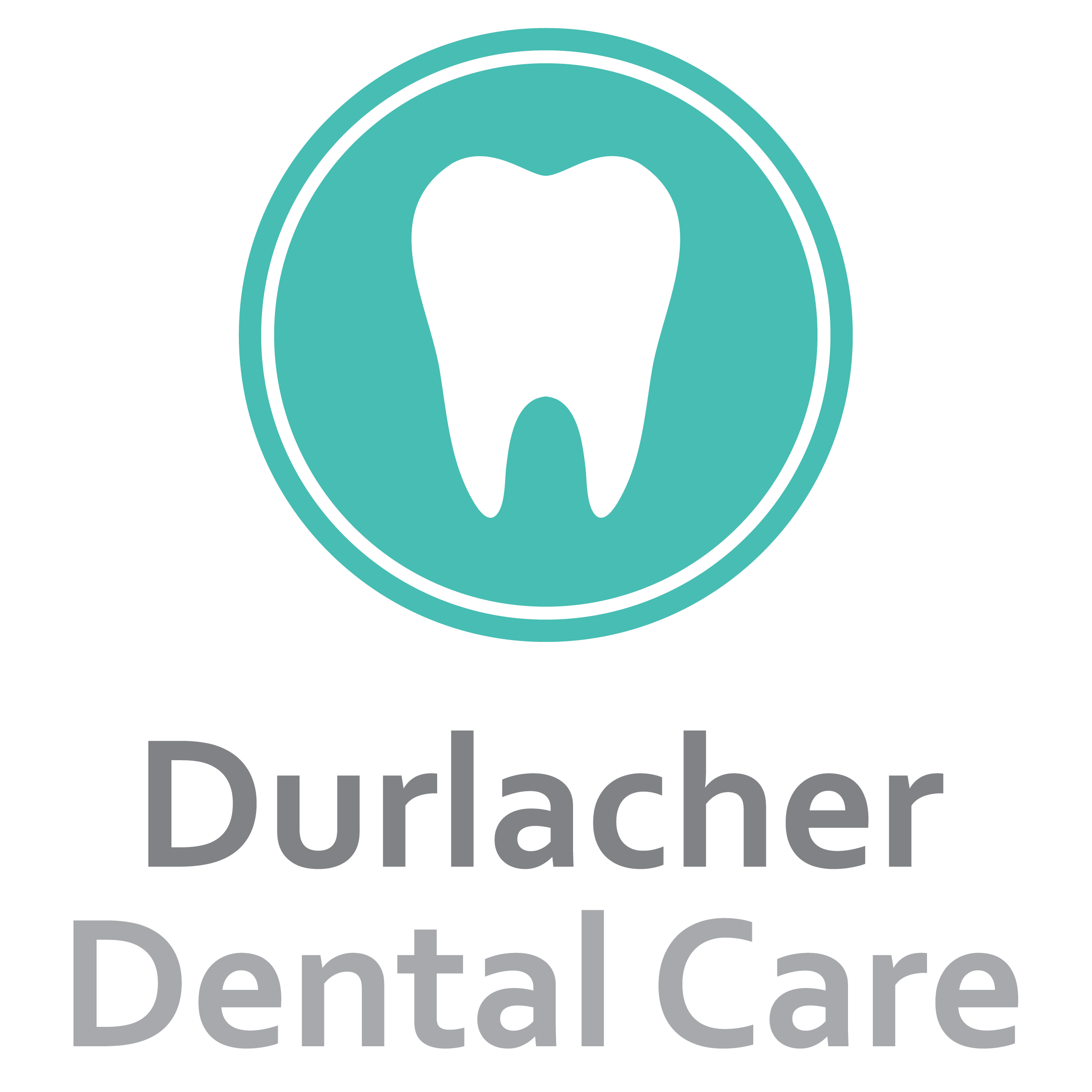Dentures
A denture is a removable replacement option for missing teeth.
Two types of dentures are available – complete and partial dentures. Complete dentures are used when all the teeth are missing, while partial dentures are used when some natural teeth remain.
Complete dentures can be either ‘conventional’ or ‘immediate.’ Made after the teeth have been removed and the gum tissue has sufficiently healed, a conventional denture is ready for placement in the mouth about eight to twelve weeks after the teeth have been removed.
Unlike conventional dentures, immediate dentures are made in advance and can be inserted as soon as the teeth are removed. As a result, the wearer does not have to be without teeth during the healing period. The bone and gum supporting a denture shrinks over time, especially during the healing period following tooth removal, so immediate dentures require much more adjustment and maintenance to ensure an adequate fit during the healing process. Consequently, immediate dentures will require a “reline” after a period of three to six months, which helps to improve the fit of the denture after the tissues have shrunk down.
A partial denture consists of replacement teeth attached to a gum-coloured plastic base, which is sometimes connected by metal framework that holds the denture in place in the mouth. Partial dentures are used when one or more natural teeth remain in the upper or lower jaw.
Dental implants can be used to make dentures (usually lower) more stable. Dental implants are a great way to improve the stability of dentures, however not everyone is a suitable candidate to have them placed. We recommend taking the time to talk to your dentist about what the best option is for you as no two mouths are the same.

